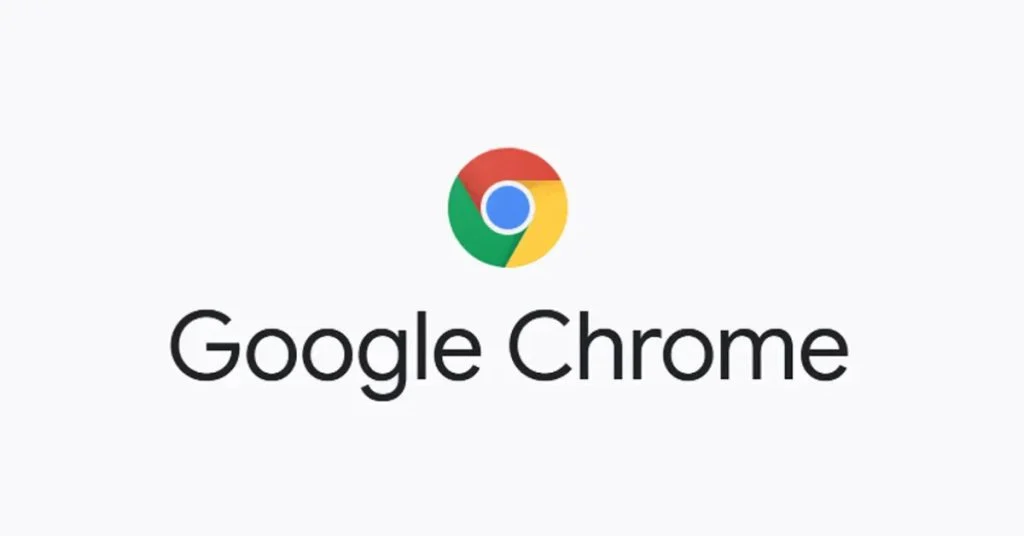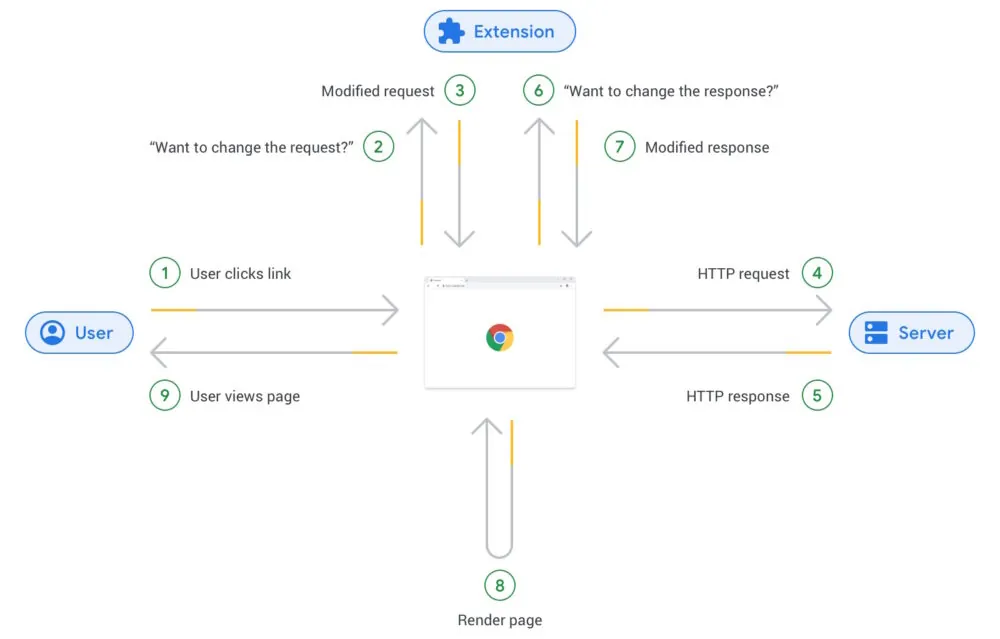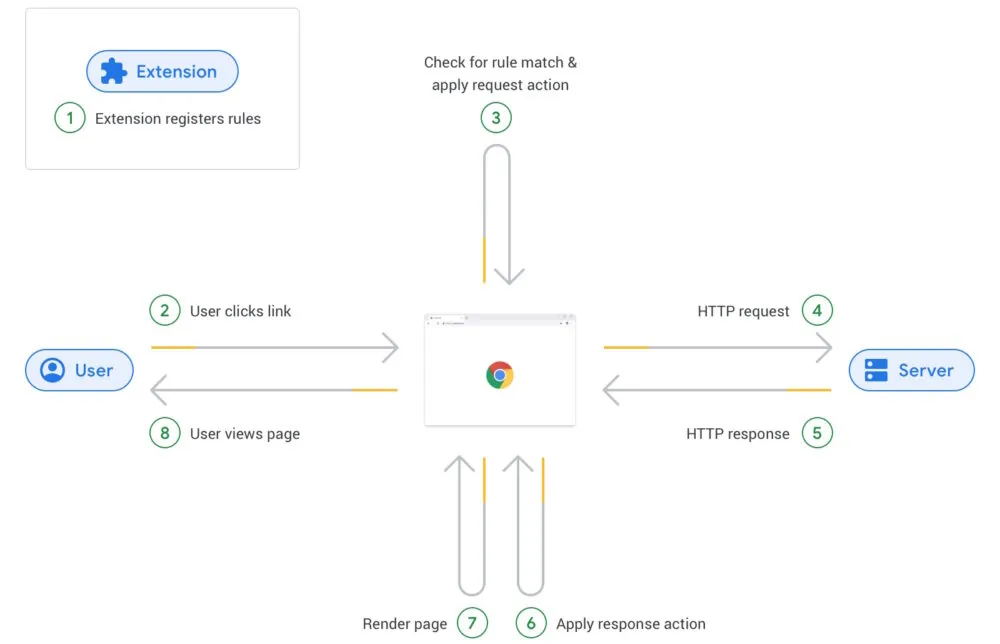Google will disable the mechanism by which ad blockers work in Chrome
- November 19, 2023
- 0
Ad blocker uBlock Origin is considered one of the best extensions in its segment, but it may cease to exist in its current form next summer: Google has
Ad blocker uBlock Origin is considered one of the best extensions in its segment, but it may cease to exist in its current form next summer: Google has

Ad blocker uBlock Origin is considered one of the best extensions in its segment, but it may cease to exist in its current form next summer: Google has announced plans to stop supporting the Chrome Manifest V2 API and switch entirely to Manifest V3. Not compatible with existing ad blockers.
Extensions based on Manifest V2 will begin to be disabled in Chrome Dev, Canary and beta versions starting in June 2024, with the release of Chrome 127 and later – Google has not announced the timing of abandoning the old API in the stable branch of the browser. Interfaces for interacting with extensions determine their capabilities. Google started working on Manifest V3 at the end of 2018 and planned to release it in 2019, but the radical changes caused dissatisfaction among developers and the company decided to postpone the implementation of the changes.

Web Request API processing mechanism. Image source: blog.chromium.org
One of the most controversial innovations of Manifest V3 was the change in the working mechanism of the chrome.webRequest API – this function will now be used to collect data instead of blocking it. And the blocking will be done using the chrome.declarativeNetRequest API. Google justified this change by saying that extensions that use the Web Request API essentially gain access and the ability to modify all network request data (in theory, to make changes to everything a user does on the Internet). This mechanism is used by uBlock Origin and other ad blockers.

Working mechanism of the Declarative Net Request API. Image source: blog.chromium.org
Thanks to the Declarative Net Request API, extensions do not need to access all network information; They save rules in the browser that tell it what it should do when certain types of requests are detected. This mechanism is available in both Manifest V2 and Manifest V3, but in the latter it becomes the only way to manipulate network requests.
Therefore, deprecating the Web Request API will prevent uBlock Origin from working in its original form. The challenge here is that, as the extension community has determined, the Declarative Net Request API is not a functional clone of the Web Request API. Google listened to the criticism and made several changes to the alternative mechanism that would theoretically allow ad blockers to exist in a new form.
As a result, those who want to use uBlock Origin in the traditional format have to abandon Chrome and choose Firefox. But the creator of this blocker has released uBlock Origin Lite, an updated version of the extension compatible with Manifest V3. Only users can evaluate its effectiveness.
Source: Port Altele
As an experienced journalist and author, Mary has been reporting on the latest news and trends for over 5 years. With a passion for uncovering the stories behind the headlines, Mary has earned a reputation as a trusted voice in the world of journalism. Her writing style is insightful, engaging and thought-provoking, as she takes a deep dive into the most pressing issues of our time.